- Morocco-based Yola Fresh recently secured $7 million in pre-Series A funding for its platform that streamlines the market linkage between smallholder farmers and retailers.
- Al Mada Ventures led the round with participation from Algebra Ventures, E3 Capital, Janngo Capital, and Dutch entrepreneurial development bank FMO.
- Yola Fresh will use the new funding to expand its logistics network and bolster its technology offering.
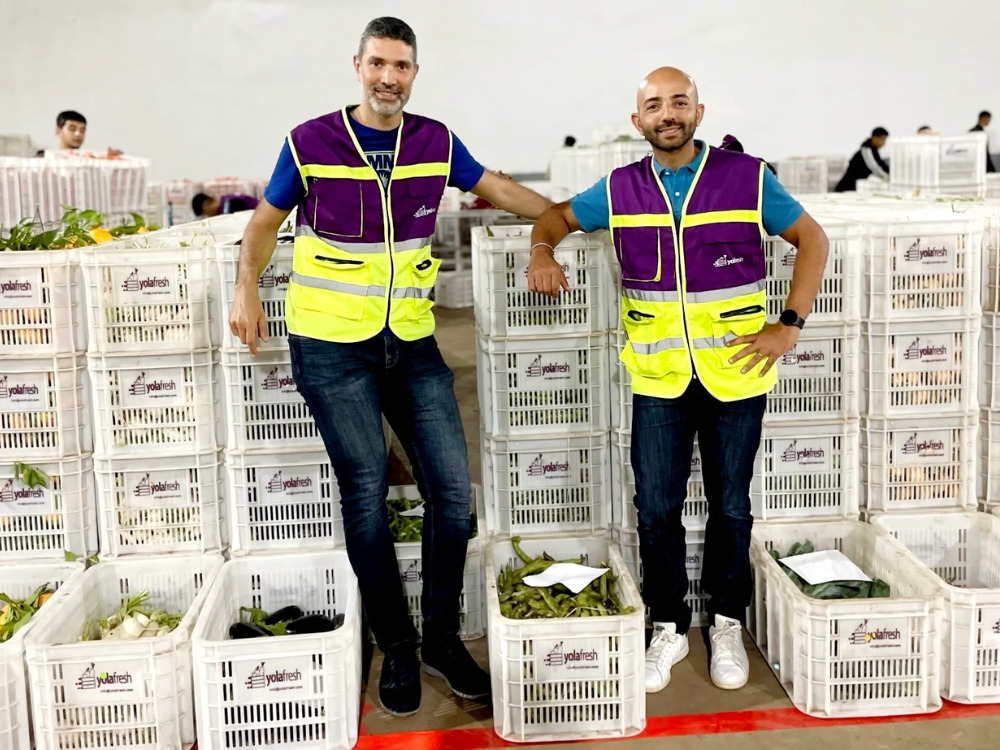
Cutting out the middleman in fresh produce
“Our system is anchored on delivering fresh produce at the right price in a timely manner,” Youssef Mamou, co-founder and co-CEO of Yola Fresh tells AgFunderNews.
Historically, fruit and vegetable smallholder farmers in Morocco have been at the mercy of middlemen, a group frequently associated with exploitation.
Smallholders’ dependence on these middlemen stems from a lack of storage and preservation facilities that keep produce fresh for longer periods in a country where temperatures have risen to record highs. Because of this, farmers are unable to access markets that provide fair prices in good time.
Mamou, who comes from an agricultural family, has witnessed this exploitation firsthand. “I have seen how middlemen rake most of the profits when smallholder farmers are desperate to sell their produce in a timely manner to avoid post-harvest losses,” he says.
Post-harvest losses in Morocco rank among the highest in the world, ranging from 25% to 40%. Smallholder farmers, who represent about 60% of total farmers, bear the brunt of this.
While there have been efforts to reduce losses through things like solar refrigeration systems, the high costs of the available technologies mean that few farmers can afford them.
Climate change exacerbates these challenges. Drought has become more frequent and more severe in Morocco. While previously the country used to experience one drought year in five, the current reality is one drought year in three. The severity of climate change was evident when the country experienced a damaging heatwave with abnormally high temperatures of up to 47° Celsius last year.
For a country where agriculture contributes almost 15% of the gross domestic product and about 45% of the workforce when combined with the fishing and forestry sectors, failure by the government to invest in technological innovation and low use of drought-risk management tools means the risks facing smallholder farmers remain elevated.
Addressing fragmentation through direct sourcing
In response to these issues — especially those concerning middlemen — Mamou co-founded Yola Fresh in partnership with Larbi Alaoui Belrhiti.
Yola Fresh addresses the fresh produce supply chain’s fragmentation problem by sourcing fresh produce directly from farmers and delivering it to retail outlets and food service companies in Morocco’s capital Casablanca, where Yola Fresh is currently concentrating its operations.
The end-to-end system eliminates middlemen and also ensures proper sorting and grading of produce. The entire Yola Fresh system reduces loss and translates into higher farmer and retailer incomes, reduced food spoilage, and fresher, more affordable options for consumers.
Before establishing Yola Fresh, the two cofounders spent years honing their skills in the tech world gaining a deep understanding of the Moroccan transport, logistics and supply chain ecosystem. Mamou held senior positions at Uber’s Careem, the leading ride-hailing platform in North Africa, and was also the head of 212Founders, a venture capitalist firm in Morocco. Larbi was the CEO of Jumia Morocco and also founded the online classifieds site Avito.
When they established Yola Fresh in 2023, their mission was clear – deploy technology to streamline the market linkage between fruits and vegetable smallholder farmers and retailers. The primary objective was ensuring that farmers have access to a ready market that gives them fair prices for their produce while retailers are guaranteed of supply of fresh produce in a timely and efficient manner.
The startup draws inspiration from successful fresh produce marketplace firms across the globe, including Meicai in China, Frubana in Latin America and Waycool in India.
‘We want to get our unit economics right fast’
Yola Fresh has been fast in gaining traction from farmers and retailers as well as investors.
“The company’s focus on reducing food waste and improving the circumstances for both smallholders and retailers is our main driver for investing in its pre-Series A funding,” said Marieke Roestenberg, VC Manager at FMO.
In one year, Yola Fresh has managed to recruit hundreds of farmers and is working with over 1,000 retailers. Volumes have already crossed the 1 million kilograms’ milestone, translating to 1,200 tons on a monthly basis. This means that Yola Fresh is recording about $1 million in monthly gross merchandise volume and is growing at a rate of between 20% to 30% on a monthly basis. By the end of this year, the firm is aiming to reach 2,500 tons per month.
The Series A funding is a big boost for Yola Fresh, which has ambitions to scale operations mainly through investing in cutting-edge technology, attracting talent and expanding its reach across Morocco before venturing into other African countries like Egypt, Kenya, Nigeria and Ivory Coast.
Investing in technology is particularly critical for the firm. Unlike other marketplace startups, Yola Fresh does not own warehouses or trucks and does not hold inventories. For this reason, the firm wants to enhance the use of technology across the entire supply chain through machine learning and AI to make intelligence forecasts.
“With this funding, we’ll expand our logistics network, bolster our technology and empower more farmers to deliver high-quality produce directly to consumers,” says Belrhiti.
While YoLa Fresh is projecting to reach $40 million to $50 million in annualized revenues by 2026, the startup is pursuing growth in a calculated manner to avoid the pitfalls that have befallen many other firms.
“We want to get our unit economics right fast,” explains Belrhiti, adding that improving every aspect of the firm’s profit and loss will set Yola Fresh on a long term trajectory of profitability.
This is critical considering that part of its medium-term plan is to get closer to the end consumer through branded products and owned retail outlets. Yola Fresh also sees opportunities in providing smallholder farmers with access to finance, which will help increase production.

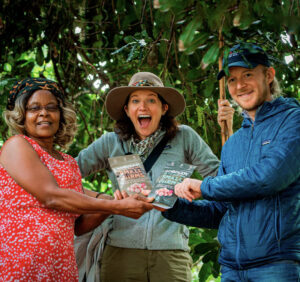




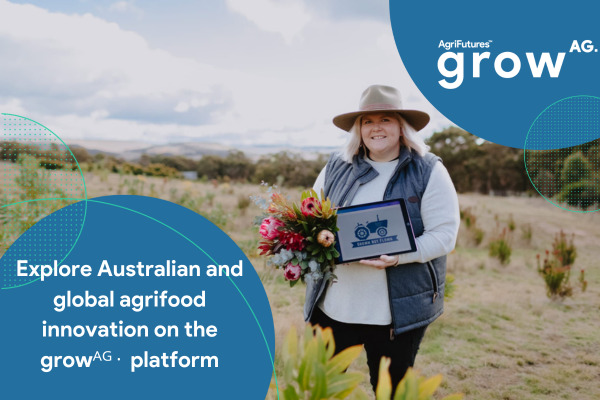
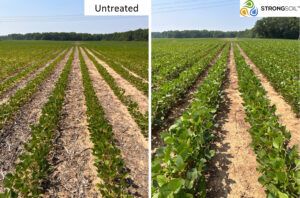



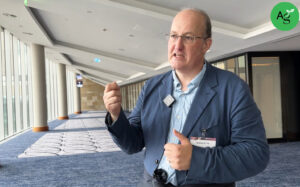

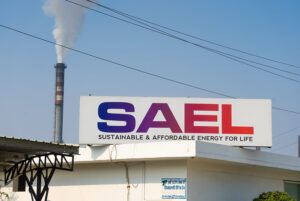

Guest article: The real impact of tariffs on US produce prices